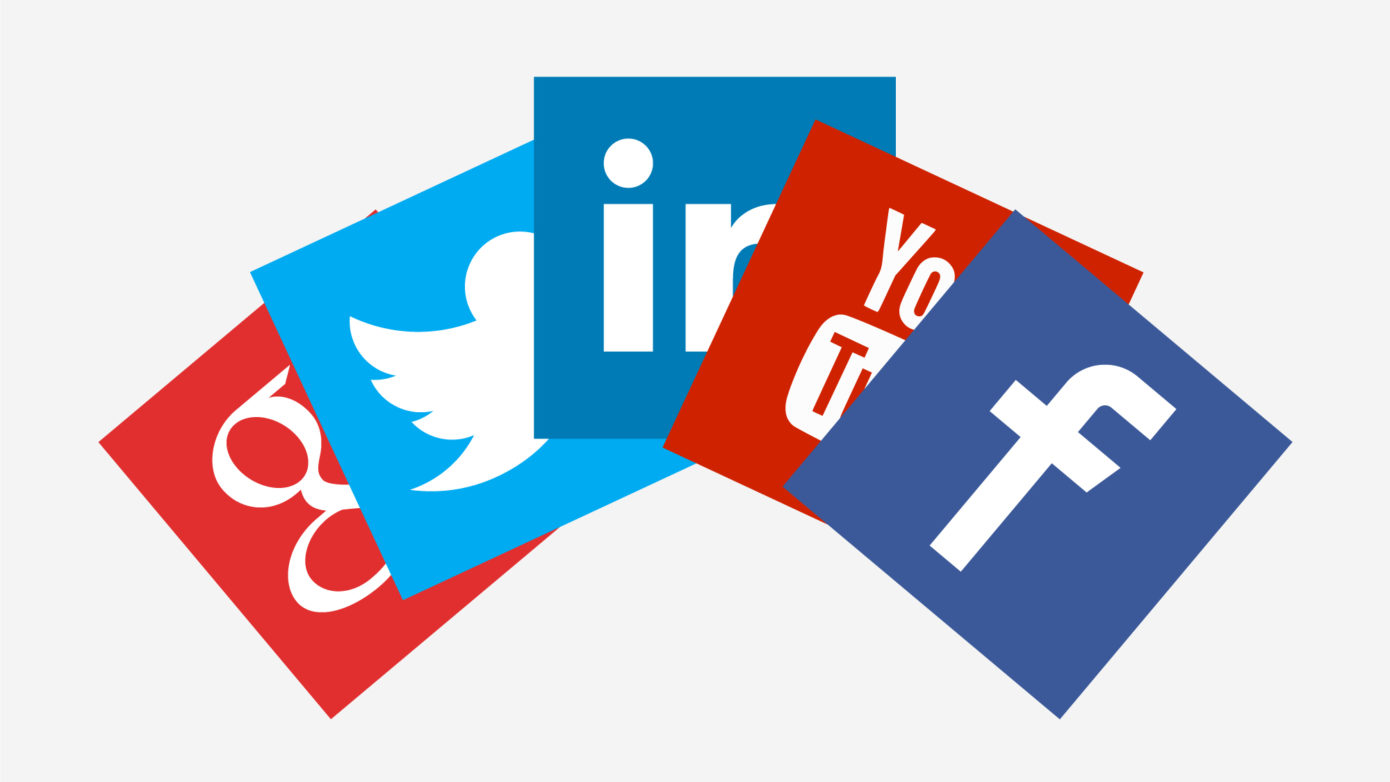Social media allows us to have the world at our finger tips, news, and information on everything around us including family, politics and natural disasters.
Instant news and instant response is a two edge sword we now live with on a daily, hourly and sometimes minute by minute basis. Not only are we given a chance to instantly (and hopefully relatively unobtrusively) contact someone, but we also tend to feel the need to instantly respond to them in turn. When an event happens, we know about it within minutes, sometimes we know about it in real time.
For example, take the Brett Kavanaugh hearings regarding the sexual allegations toward Christine Blasey Ford. Kavanaugh, who was on the shortlist of nominees for the Supreme Court faced accusations that he sexually assaulted Ford. Within minutes of the story being leaked to the press, it began spreading on Twitter and Facebook. Granted the tumultuous relations between Republicans and Democrats and further fueled by many people’s contempt of President Trump (who nominated Kavanaugh) created a strong burning fire. There is no doubt that this was leaked as a political maneuver.
Immediately as the hearings were going on, minute by minute public judgments were being made and altered before the entire world stage. Even the U.S. president was injecting his opinions before the world on Twitter (without filters).
Do I see a benefit in this? Yes and no. As I said, it’s a two-edged sword. From a fellow U.S. citizen who has very little ability to control any of these situations, it’s nice to be able to see what’s going on while it’s going on, rather than find out after it’s already affecting me. This instantaneousness method of communication allows us as a world citizen to at least feel like we are part of the decision-making process (even if we are not). On the flip side, we can also garner enough people together to indeed make a voice about an issue (take the #metoo movement for example).
Now, on the other side of the sword, social media may impede the ability for jobs to get done because the people making the choices are no longer leading as much as waiting to hear what the consensus is among the people.
 My personal opinion? I don’t like it. It opens up anyone to summary public ridicule and judgments without accurate presentation of evidence. Am I saying that Kavanaugh wasn’t guilty or that Ford didn’t experience what she experienced? No. What I’m saying is that I don’t think it should have been put out there for anyone other than those who can make decisions regarding it. Primarily because it was of a sensitive nature (to all parties) and loops in families with children, spouses, etc.
My personal opinion? I don’t like it. It opens up anyone to summary public ridicule and judgments without accurate presentation of evidence. Am I saying that Kavanaugh wasn’t guilty or that Ford didn’t experience what she experienced? No. What I’m saying is that I don’t think it should have been put out there for anyone other than those who can make decisions regarding it. Primarily because it was of a sensitive nature (to all parties) and loops in families with children, spouses, etc.
I think we are too rapidly moving toward a ‘public judgment’ without trial culture with the use of social media.

